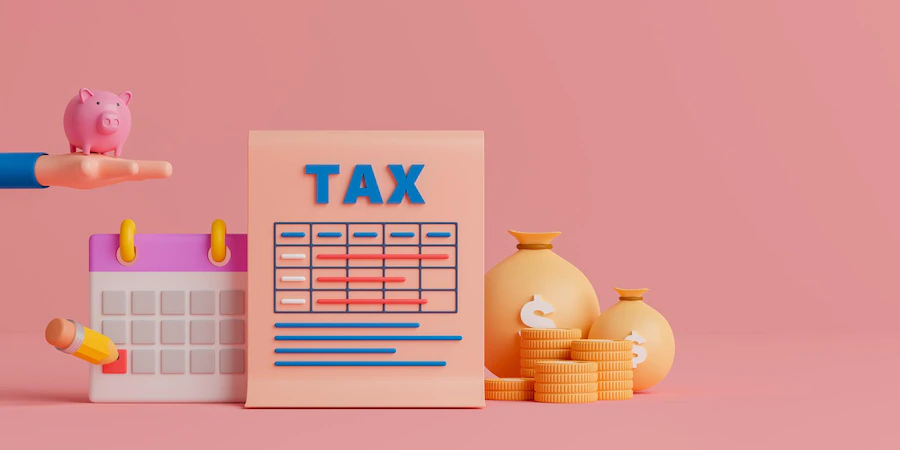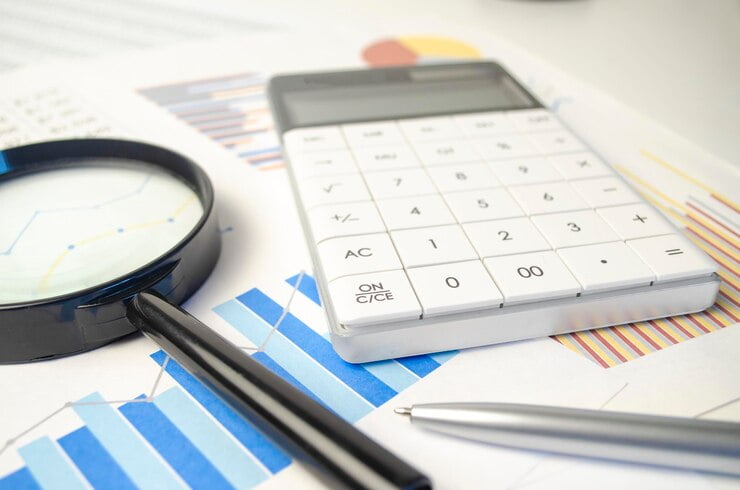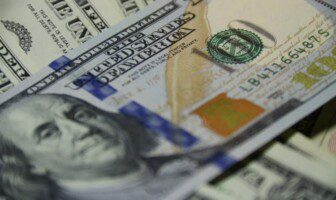
A financial market is continuously evolving and changing. These ups and downs of the financial market are serious trouble for every investor and trader. This is the reason they are using the economic calendar.
The economic calendar refers to a schedule of the financial changes in the economic situation. So you can say one thing: these calendars are guiding the traders’ future actions to survive in the tides of the economic ups and downs.
Let’s see first ‘what is an economic calendar’?
What Is An Economic Calendar?
An economic calendar is tool traders use to track upcoming economic events. The calendar lists all major events scheduled in the coming weeks and months. Traders can use this information to make informed decisions about trades.
Some of the most important events listed on the economic calendar from CFI include central bank meetings, government reports, and earnings announcements. Central bank meetings are particularly important because they often result in changes to interest rates. These changes can have a significant impact on the Forex market.
Government reports can also move the markets to provide insight into the economy’s health. Finally, earnings announcements are essential for traders invested in stocks as they can provide information about a company’s financial health.
How To Use An Economic Calendar?
Now I am moving to the next part, where I am going to describe how to use an economic calendar.
Using economic calendars is self-evident: as a forex trader, the world’s business news affects both your existing portfolio and the growth of new trading possibilities.
An economic calendar organizes this information and provides crucial context to assist you in keeping track of events and their potential influence on the global forex market.
With a user-friendly calendar at your disposal, you may account for future news and events when arranging trades and looking ahead to possible market movers. Traders that want to take a predictive approach to their trading strategy employ economic calendars.
If you’re a long-term trader, your strategy’s success relies less on immediate market reaction. As a result, when making decisions based on these patterns, remember that overreacting to current circumstances or the findings of a just-released news piece can be detrimental to your trading performance.
Events during your economic calendar may lead to short volatility in a currency pair or, in general, for the forex market. Still, if you go crazy with your trading after reacting too quickly, you could lose money.
So instead, take an even-handed approach to assess new information as it develops and keep an eye on the overall macro climate influencing the market for a given currency pair.
If you want to trade forex successfully, you must know how to read an economic calendar. An economic calendar is a vital tool that all traders need to be aware of, as it contains a wealth of information that can help you make informed trading decisions. This article will explain what an economic calendar is and how you can use it to your advantage.
So, what exactly is an economic calendar? It is a list of upcoming economic events that are likely to impact the financial markets. These events could be from central bank policy meetings to key employment data releases.
By being aware of these events, you can make more informed choices about when to enter or exit trades. So you have to know first how to read an economic calendar.
What Is The Reading Process Of An Economic Calendar?
One of the most important things to look out for when reading an economic calendar is the release time of each event. The markets can be extremely volatile in the lead-up to and immediately after a major economic announcement. As such, it is often best to avoid trading during these periods.
Another important thing to note is that different countries will have different release times for their economic data. For example, the United States usually releases its employment data at 8:30 am EST, whereas Europe typically does so at 10:00 am GMT.
Therefore, it is important to check the release times for your chosen currency pair to ensure that you are not trading during a period of high volatility.
Conclusion:
Once you understand how to read an economic calendar, you can start to use this information to your advantage. By keeping an eye on upcoming economic events, you can make more informed decisions about when to enter or exit trades.
This can help you maximize your profits and minimize your losses. So, make sure you familiarise yourself with the economic calendar and use it to your advantage today!
Read Also:






























